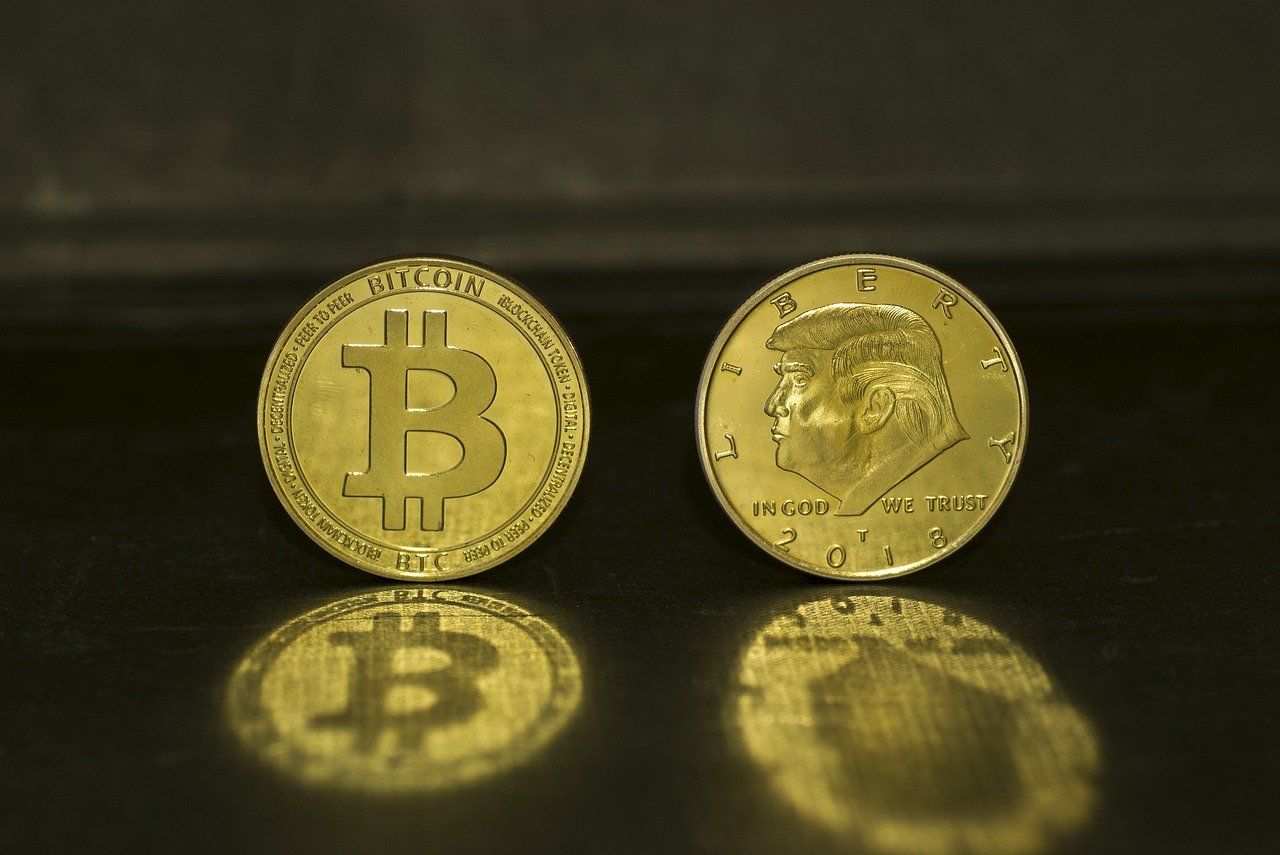$RTX $SPY $BTC
#ForeignAid #StateDepartment #TrumpPolicy #AidFreeze #HumanitarianCrisis #EconomicImpact #MilitarySpending #USPolitics #GlobalRelations #FinancialAnalysis #MarketImpact #AidFunding
The U.S. State Department has recently ordered a freeze on billions of dollars in foreign aid, a move that could reshape global relations and stir both humanitarian and economic consequences. The freeze allows exceptions only for emergency food aid and military assistance, signaling that while immediate crisis response may continue, long-term development projects and diplomatic efforts may see significant cuts. This decision reflects the Trump administration’s consistent focus on limiting overseas expenditures in favor of prioritizing domestic concerns. While proponents of the freeze emphasize potential savings to the U.S. budget, critics warn of adverse global ripple effects, from strained alliances and weakened diplomatic ties to increased instability in regions reliant on U.S. aid.
The stock and crypto markets reacted with mixed signals. Defense contractors like $RTX (Raytheon) stand to gain as a focus on military assistance could result in increased sales of defensive equipment. However, broader market indices such as $SPY (S&P 500 ETF) displayed volatility as investors weighed the move’s potential disruptions to global trade and economic stability. Meanwhile, cryptocurrencies like $BTC experienced modest gains, as some investors speculated that a deteriorating geopolitical environment might push more activity into decentralized financial systems. While these trends provide initial market indications, the longer-term impact will depend heavily on how affected countries adjust to the cuts and whether other players, such as China or the EU, step in to fill the void.
The political dimension of this decision cannot be overstated. By sidelining most foreign development assistance, Trump’s move has introduced further skepticism into U.S. reliability as a global partner. Traditionally, U.S. foreign aid has been considered a tool not only for advancing humanitarian causes but also for fostering stable relationships in regions of strategic interest. With this freeze, countries in Africa, Latin America, and Southeast Asia—regions that historically rely on these funds for infrastructure and health programs—may seek alternative partnerships. This shift could bless emerging markets with new capital flows but simultaneously complicate U.S. corporations’ efforts to access or expand in these areas, particularly industries like pharmaceuticals, renewable energy, and agriculture.
From a humanitarian perspective, the decision raises ethical concerns. While trimming aid could reduce millions of dollars from annual U.S. deficits, it could also lead to worsened conditions in already fragile states. A downturn in global development can create fertile ground for terrorism, crime rings, and migration crises, which often end up costing the U.S. in defense and border management efforts down the line. For financial analysts, the question hinges on whether the short-term savings outweigh the potential long-term costs—in lives, global stability, and economic opportunities. Markets will be watching closely as Congress debates the fate of these frozen funds and how global players respond to the U.S.’s shift in priorities.







Comments are closed.